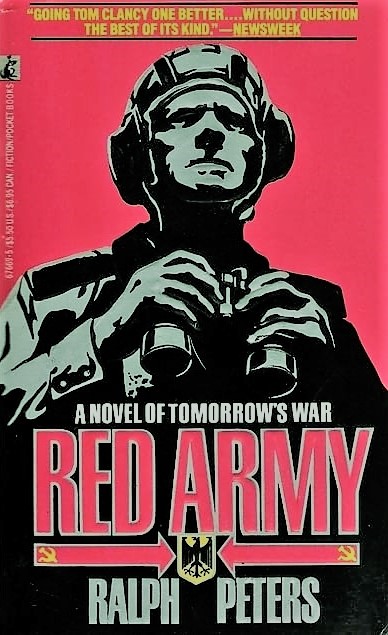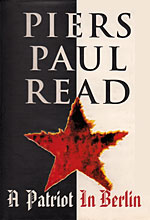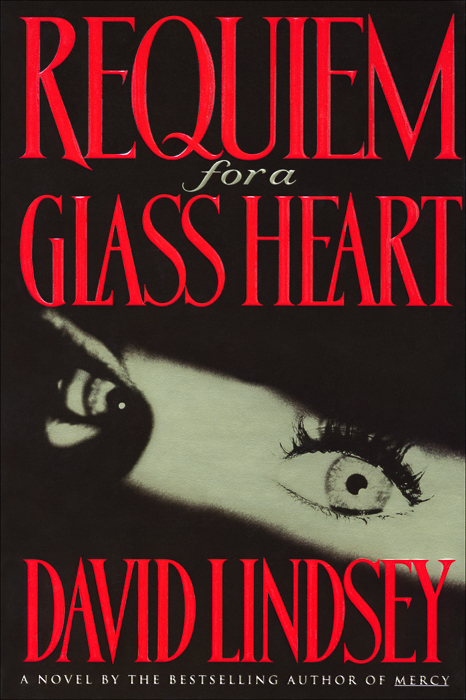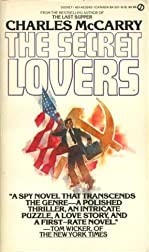Part two of this review is here
A Patriot in Berlin is a novel of the collapse of Communism. It is set in the immediate aftermath of the break-up of the Soviet Union, between August 1991 and July 1993. In other words, in that strange period of suspended political time, between Boris Yeltsin emerging as the victor in Russia after the attempted coup of August 1991 and his eventual victory over the last of the old Soviet-era parliament’s resistance in October 1993.
As is to be expected from its author, A Patriot in Berlin has literary substance. It addresses the questions that this startling and unexpected moment in modern history throws up, dealing with themes of nationalism, materialism, and Communism. At the same time, Read roughly adheres to some spy thriller formulaics; false identities, political factions, violence and torture and sex.
Robert Harris’s review of A Patriot in Berlin noted
There’s more skill here, and more intelligence, than in any number of contemporary novels and the attempt to bridge the gap between ‘serious’ literature and mass-market fiction is a laudable one
Robert harris, daily Mail, 16 september 1995
Continue reading




